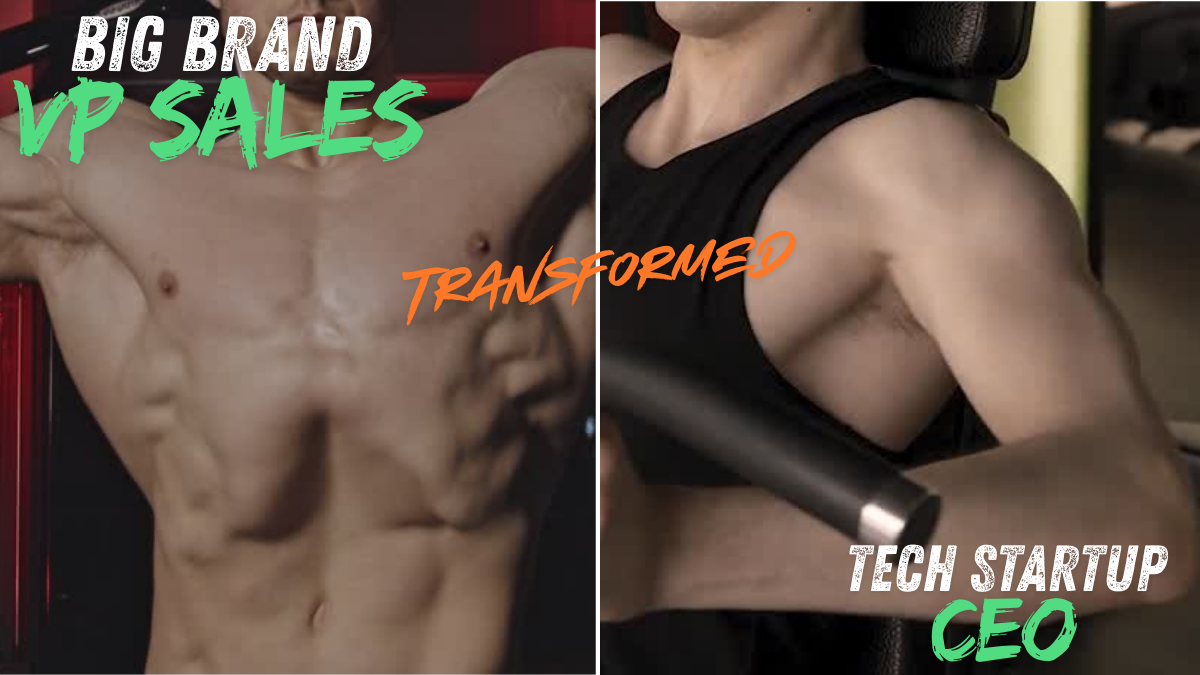Knowing Too Much is the Biggest Risk as a Founder
Imagine this: You’ve spent years inside an industry. You know how things work, who the players are, and where the most significant problems hide. You’ve seen the missed opportunities, the pain points nobody fixes, and the money slipping through the cracks.
So, when you decide to start your own company, you walk in loaded with insider knowledge. That sounds like a slam dunk, right? You’re the expert. You’ve lived the problems. You’ve seen the opportunities up close. You’ve already got the roadmap.
But here’s the twist: sometimes knowing too much is the most dangerous position you can be in as a founder. Why? Because expertise can blind you. Your years of experience can turn into a cage of assumptions, biases, and overconfidence.
I don’t have to imagine this; I lived it. All of it. I learned my lesson, and now it’s time to share.
Let’s break down the pros and cons and what you should do to ensure your insider advantage doesn’t become your downfall.
The Pros of Knowing So Much
Deep Understanding of Problems
Most entrepreneurs struggle to find the real problems worth solving. But you? You’ve lived them. You’ve been on the front lines. You know the difference between an inconvenience and a hair-on-fire problem that customers will pay to fix. That’s golden.
Built-In Credibility
You’ve been in the trenches. People in the industry recognize you. They know you’re not some outsider with a half-baked idea, you’re legit. That credibility makes getting meetings, attracting early customers, and building trust easier.
Rich Network of Contacts
You’ve collected years of connections. Vendors, partners, customers, regulators, and even competitors, you already know who’s who. That network can open doors faster than a rookie trying to cold call their way into the market.
Intuition for What Works
Experience gives you pattern recognition. You can often sense where the puck is going before others do. You’ve seen cycles play out. You know which “innovations” are smoke and mirrors and which ones could actually stick.
The Cons of Knowing Too Much
Now here’s where it gets tricky.
Confirmation Bias
You think you already know the answers. You’ve seen a problem a thousand times, so you’re convinced your solution is the right one. But the market doesn’t care about your years of observation. Customers don’t buy based on your experience; they buy based on whether the solution works for the right problem. Your description of the right problem may be different than the customers.
Blind Spots from Routine
You might not see what’s obvious to outsiders because you’ve been inside the system so long. Sometimes the most disruptive innovations come from people who didn’t accept “the way it’s always been done.” You, on the other hand, might be too locked into the old logic.
Overconfidence
Your knowledge can make you cocky. You assume your idea will succeed because it makes sense to you and your peers. But arrogance can kill a startup faster than running out of money. If you’re not humble enough to test assumptions, you risk building something no one wants.
Resistance to Feedback
When you think you know it all, feedback feels like an attack. You dismiss critics as “outsiders who don’t get it.” But guess what? Customers don’t care about your ego. If you ignore their signals, you’ll waste years chasing the wrong path.
Industry Baggage
The more time you spend in an industry, the more invested you become in its politics, traditions, and unspoken rules. Startups succeed by breaking rules, not following them. But your brain may still cling to the old game while others invent a new one.
No Brand Safety Net
This one stings: in your old role, you had the weight of a well-known brand behind you. That brand was your credibility, your shield, your security blanket. Customers took your calls because of the logo on your business card. Now? You’re a startup. Nobody knows you. Your product isn’t tested. Your company might not survive a year. To buyers, you’re suddenly risky. All that insider knowledge doesn’t change the fact that you have to rebuild trust from zero without the old brand’s halo.
The Double-Edged Sword
Here’s the real punchline: Knowledge is your weapon and your weakness. Too little, and you’re lost. Too much, and you’re trapped.
The founder who “knows everything” is just as dangerous as the one who knows nothing. One gets humbled quickly, while the other might waste years before realizing they’re stuck in their echo chamber.
So, what’s the move?
How to Flip Knowledge into an Advantage
Adopt a Beginner’s Mindset
Yes, you’re an expert. But you must force yourself to see the industry like a beginner again. Pretend you don’t know the rules. Ask dumb questions. Let yourself be surprised. The best founders combine insider wisdom with outsider curiosity.
Do Relentless Customer Discovery
Your years of experience are not a replacement for honest conversations with customers. Go out and talk to 100 potential users. Listen. Don’t pitch. Don’t argue. Just learn. Do you truly know your customer’s right problem, their hair-on-fire problem? Are you sure? Have you tested your assumptions? Is your solution solving your customer persona’s hair-on-fire problem or inconvenience? One will launch towards product-market fit, the other in a bottomless chasm. Is your persona large enough to be worthy of your investment?
Separate Facts from Opinions
Just because you believe something doesn’t make it accurate. Write down every assumption you’re making. Then test each one with data. Let evidence, not your gut, decide the direction.
Surround Yourself with Outsiders
Build a team that challenges you. Bring in people who see the industry differently. If you’re a 20-year veteran, hire someone fresh out of school who the old system hasn’t conditioned. Balance your insider view with fresh eyes.
Check Your Ego at the Door
The hardest part? Staying humble. No matter how many years you’ve put in, remember this: the market doesn’t care. The market demands and needs change over time. Investors don’t care. Customers definitely don’t care. What matters is results, not your résumé.
Look for Rule-Breaking Opportunities
The best startups don’t play by the old industry rules. They flip the game. Use your insider knowledge to identify which “rules” are just habits. Those habits are where disruption lives.
Be Willing to Kill Your Darlings
Sometimes your “big idea” is wrong. The faster you admit that, the quicker you can pivot to something that works. Don’t fall in love with your first solution. Fall in love with solving the problem.
Example: The Kodak Trap
Take Kodak. The company invented the digital camera but refused to go all-in because it threatened their film business. They knew the photography industry inside out. They knew everything except how to break free from their own assumptions. Their expertise became their downfall.
That’s what happens when knowledge hardens into arrogance. Don’t be Kodak.
Example: Uber’s Outsider Shock
On the flip side, look at Uber. The taxi industry insiders never would’ve dreamed of breaking the rules that way. They were too busy protecting their medallions and licenses. It took outsiders with fresh eyes to see a way around the system. However, once Uber got rolling, they had to bring in people with transportation and regulatory experience to scale outsider shock plus insider knowledge- the winning combo.
The Bottom Line
If you’re a founder who knows your industry inside and out, congratulations, you’ve got a massive edge. But don’t let that edge cut you.
Knowledge is power only if you keep it flexible. You’ve already started losing the second you think you’ve got it all figured out.
So here’s the formula:
- Stay humble.
- Stay curious.
- Test everything.
- Stay curious.
- Test everything.
- Stay curious.
- Test everything.
- Break rules when needed.
- And never let your experience trick you into thinking the future will resemble the past.
Knowing too much can make you unstoppable or trap you in your own head. The choice is yours.
If you are in Tucson (Optics Valley), engage in our events, and let’s build a community and a strong Tech Hub together. For more information, check our Calendar.








